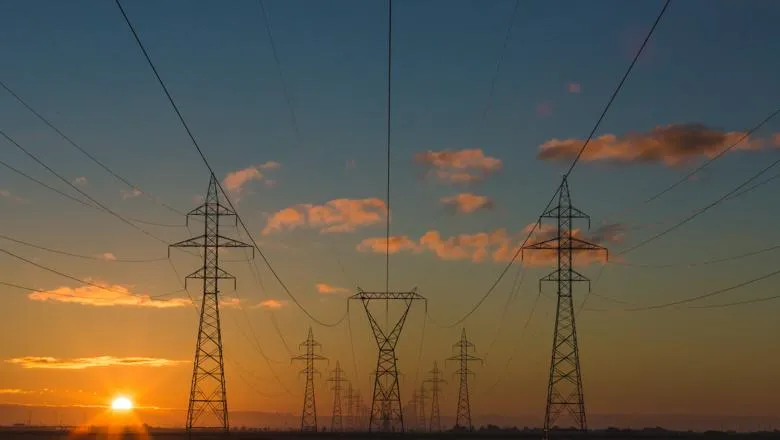19 November 2025
'Fragmented and uneven' response to invasion threatens green transition
The 2022 Russian invasion of Ukraine triggered a crisis in European energy security and climate ambitions, leading to a fragmented and uneven response from EU member states that has challenged the bloc's unity and green transition, according to research from academics at King's College London.

A new analysis published in the journal Energy Research & Social Science argues that while the EU attempted to project a united front, the actual response was a fragmented "mosaic of national adjustments".
Professor Brian Salter and Dr Kalina Damianova identified four distinct trajectories among the nations most historically dependent on Russian gas. Germany, the traditional leader of EU energy policy, faced a crisis of credibility due to its deep reliance on Moscow. The academics describe Berlin’s response as a "passive revolution," where leaders attempted to re-legitimise their approach by rebranding renewables as "freedom energies" essential for national sovereignty.
In contrast, Poland emerged as a "counter-hegemonic leader". Having long warned against Russian dependence, Warsaw felt validated by the crisis. Polish officials declared Poland a "gas sovereign country," prioritizing immediate security - including a return to coal - over strict adherence to long-term climate goals.
The study also highlights growing polarisation through the divergent paths of Hungary and Latvia. Despite high structural dependence, Latvia severed ties with Russian energy, positioning itself as a compliant "ideological amplifier" of Brussels' green agenda. Conversely, Hungary adopted a stance of "resistance," prioritizing continued gas flows from Russia and framing energy sovereignty as the right to reject EU diversification pressures.
The findings suggest that the war has not created a seamless European energy response, but rather a complex battleground where domestic political struggles and regional leadership ambitions are reshaping the continent's energy future.
Brian and Kalina continue expanding their work on the topic by exploring Russia's energy response to the Ukraine war and the impact of the Trump presidency on the reordering of global energy and the green transition.
Read more...
You can read the study in full here: Reordering the European energy hegemony: war, markets and ideology.


